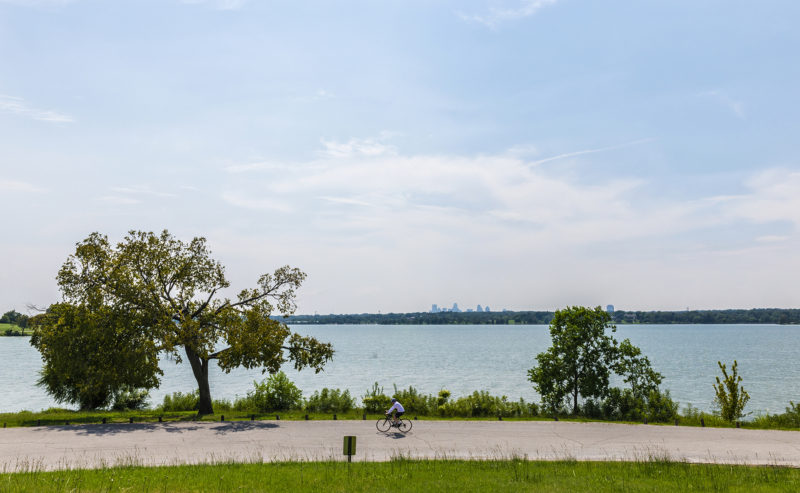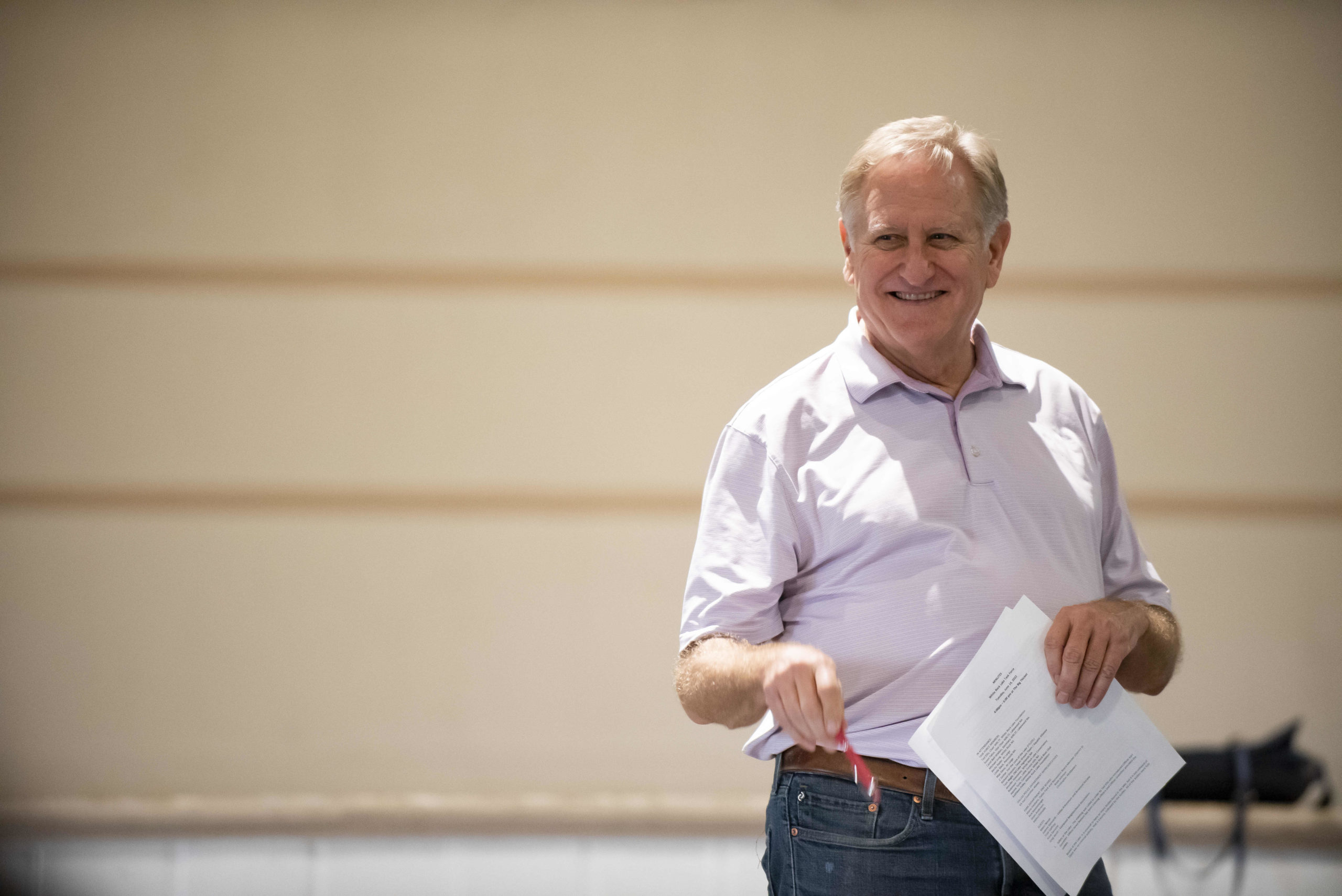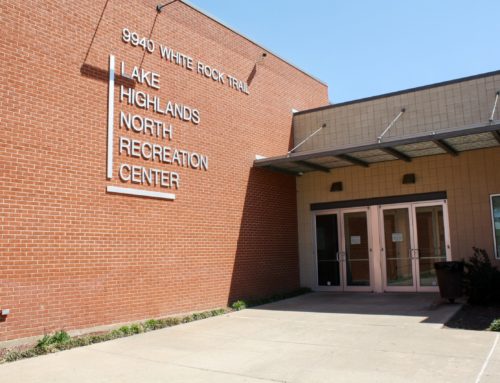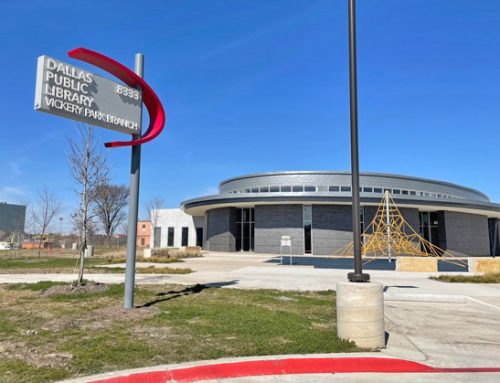
Photography by Danny Fulgencio and Emil Lippe.
In 1984, East Dallas neighbor Michael Jung wrote a letter to then-city council member Craig Holcomb about issues at White Rock Lake Park. One fresh on his mind was the “unmitigated disaster” of the Fourth of July fireworks display held at the park the year prior. Someone on the west side of the lake had a heart attack and died; first responders were unable to reach
the person because of the crowds and traffic congesting the streets.
In the letter, Jung mentioned a citizen advisory committee to help manage White Rock Lake Park. Nothing came of it.
“If there had been an advisory committee before that, they would have said, that’s a ridiculous idea — find some other place,” Jung says.
Four years later, Jung wrote another letter. This time it was to Frank Wise, who was director of the Dallas Park and Recreation Department. Jung suggested monthly meetings with representatives of neighborhood associations surrounding the park, and Wise agreed with the idea, Jung says. But again, nothing happened.
Throughout the ’90s, several projects were coming together at the lake — a master plan, a shoreline tree enhancement plan and a dredging feasibility study among them.
“And each one of those had a citizen advisory committee, which tended to have a lot of overlap in the membership,” Jung says. “So that was kind of the lead up to establishing the task force as a group that would meet periodically without being associated with some specific project.”
It’s hard to be certain without meeting notes, but Jung says the White Rock Lake Task Force began meeting in 1997.
Mary Poss, who was the District 9 City Council member at the time, and Gary Griffith, District 9 Dallas Park and Recreation Board member, convened the meetings. In all, around 10-20 people met at a conference room space near the Doran Circle building to discuss matters surrounding White Rock Lake Park. Several people involved in the early years, including Jung, who represented the White Rock Neighborhood Association, and wildlife expert Becky Rader, are still members.
“We hear the concerns from the community, and those concerns are shared with the City,” says Rader, who at one point was both president of the task force and the District 9 park board member.
Members of the White Rock Lake Task Force in 2022. Photography by Emil Lippe.
The group operated without bylaws until 2009. Under the rules, the park board member was given power to appoint officers, and task force members were selected by either the park board member or the district director on the park department staff. Also, the park board member could veto any bylaw amendments.
Those bylaws lasted a few years. Then in 2012, there was a controversy involving the Dallas Arboretum, Winfrey Point and a parking lot. The task force wasn’t briefed on any plans.
What resulted was “sort of an insurrection,” Jung says. New bylaws were adopted in 2013, changing the structure of the task force. It became a collective of private civic organizations that continued to interact with the City but was not dependent on the City for its existence. Also, the task force began electing its own officers, and individuals who were not specifically representing an organization could become members. This allowed more people to have a seat at the table.
Before the second set of bylaws, the task force met quarterly. Afterward, the group began meeting monthly, with exceptions during slower times of the year.
“Our bylaws say that our goal is to be involved in every significant issue involving White Rock Lake from its first serious consideration to its ultimate completion,” Jung says.
Though the task force likes to think it has “heavy influence” over certain matters, Jung says, it has no official status. Events, management practices, policies, physical facilities and more are discussed at task force meetings.
When an idea was brought up several years ago to build a restaurant at Boy Scout Hill, then-Dallas Park and Recreation Director Willis Winters said he wanted task force approval for it before anything could happen, Jung says. (The idea did not receive the task force’s blessing.) Recently, when the park department produced a maintenance plan for White Rock Lake Park, much of the task force’s feedback was incorporated in it.
After 25 years, some aspects of the task force have changed. The structure is different from what it was at the beginning, people have come and gone, and technology has changed the way information is shared. But task force members say their central goals will remain the same.
“There are still issues that we hear about after the fact,” Jung says. “I’d like for those to decline in frequency and for us to be even more than we are, a partner with the park staff and the park board in planning and implementing projects and policies of White Rock Lake.”








